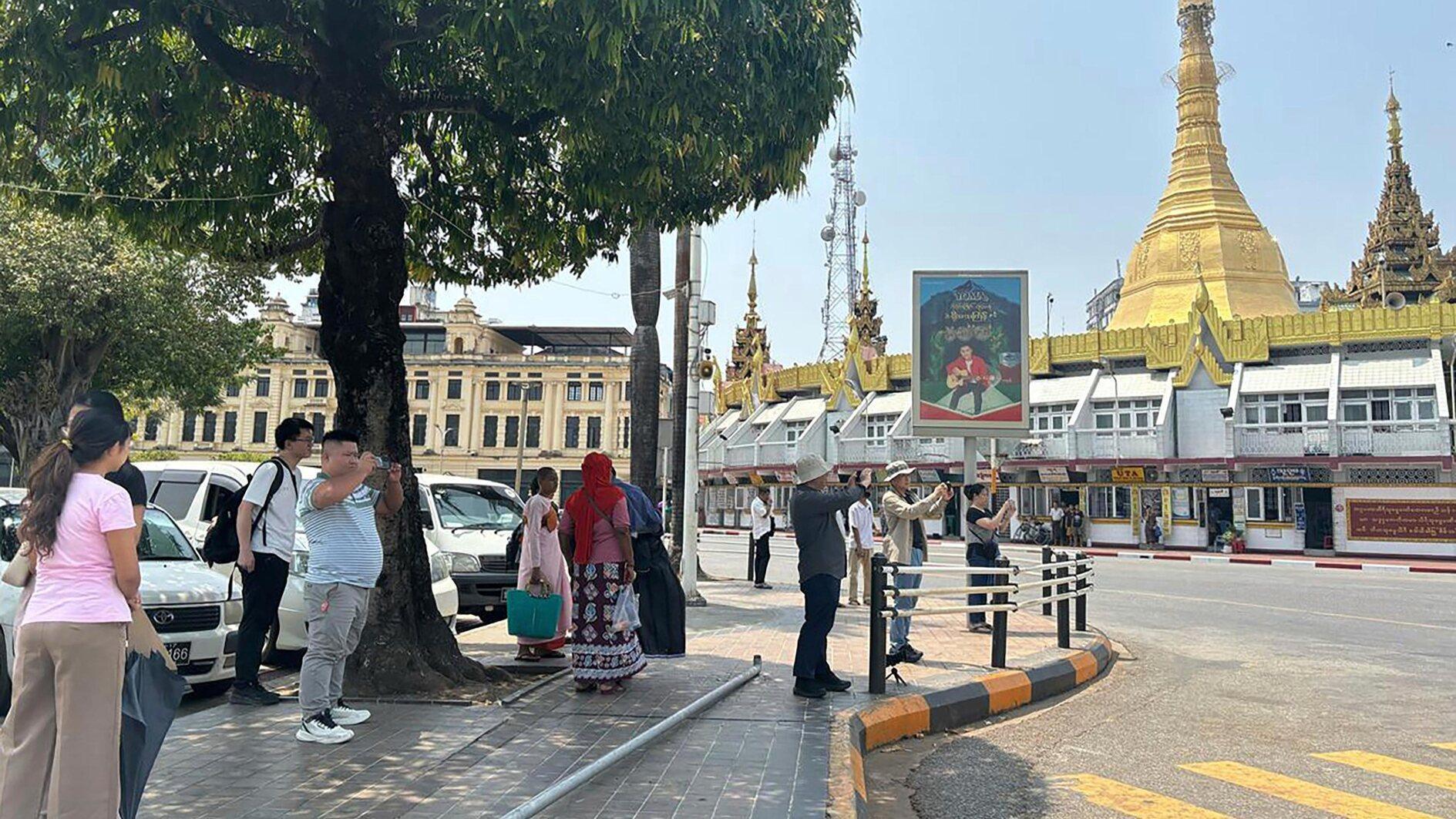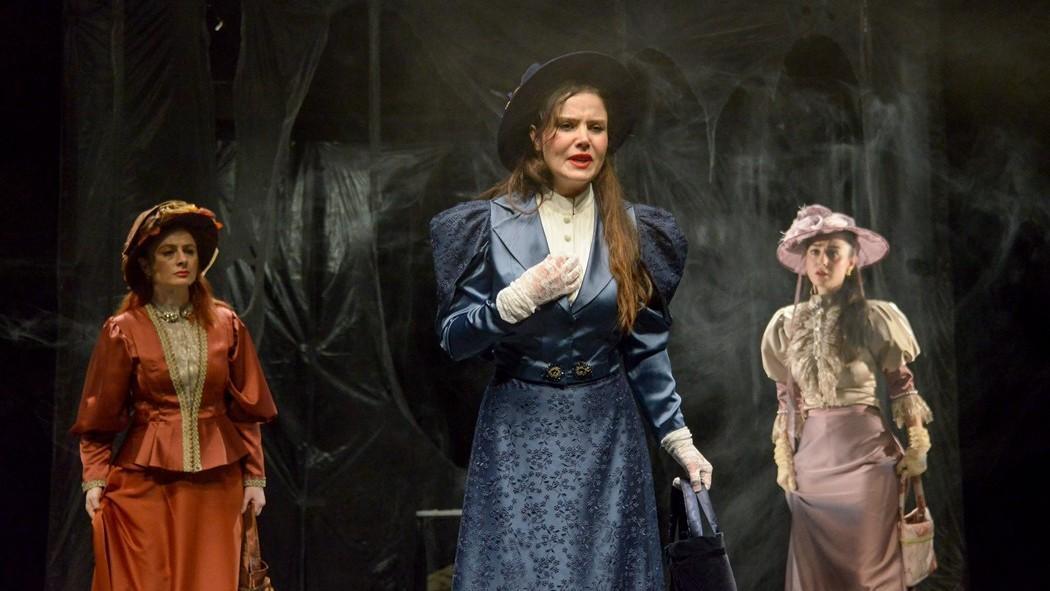Turkey’s draft law allowing muftis to conduct marriages
A controversial law allowing muftis - religious civil servants within the Religious Affairs Directorate (Diyanet) - to conduct marriages has further exacerbated political polarization in our country. President Recep Tayyip Erdoğan’s recent statement that the bill will pass from parliament “whether you like it or not” is a summary of this polarization.
Both those who want muftis to perform marriages and those who do not are citizens of the Turkish Republic with equal rights. If a democratic culture and customs were practiced in this country, rather than angry polarization, first a pre-commission would have been established to listen to the draft law’s supporters and detractors and explain the aim behind it. Even if an agreement could not be made on a common text, tension would not have increased so much.
The most important subject of tension is the concern about the possibility that if muftis are authorized to perform marriages, just like in old Islamic law books, then children under the age of 18 could get married and polygamy would become possible.
In fact, these issues are not related to whether the marriage authority belongs to an official from the municipality or the Diyanet. The question is addressed in civil law. Muftis are also subject to civil law and customs such as polygamy and child marriages will not gain validity with the new law.
In old Islamic legal texts it is written that, for example, a nine-year-old girl and a 12-year-old boy could get married - not as a religious rule but as an old traditional mindset.
Such a practice was actually banned in the 1917 “Family Law Decree” during Ottoman times. In the 4th article of that decree, it was noted as “compulsory” that any female marrying had to be at least 17 years old and any male had to be at least 18. This example alone is enough to see how we passed step by step from Islamic law to modern law, right from the era of the Tanzimat reforms in the 19th century.
The 19th century Ottoman Empire was in such a state that it could no longer be ruled by Islamic law. Modern laws thus started to be introduced in the trade and the criminal areas. The reforms of the Turkish Republic represented the culmination of this development.
Although its source was Islamic law, Mecelle (the reformed Ottoman law during the Tanzimat era) was also a modern “law” that can be considered a monument of legal order. Ottoman Sultan Abdülhamid II, today seen as a symbol of Islamic strength, had the first modern law school (faculty) opened in Istanbul because the traditional madrasa education and Islamic law failed to address the needs of the time. Legal modernization accelerated as graduates started emerging from the law school.
The Family Law Decree issued in 1917 was an important reformist step. But when Istanbul was occupied, it was cancelled amid the demand from the Greek Patriarchate, the pressure of the occupying powers, and with the consent of Sheikh al-Islam Mustafa Sabri Efendi. With this, the area of family law was left “disorganized.” But could the old customs once again be imposed upon the Ottoman era women who represented the literate generation, such as Fatma Aliye Hanım, Halide Edip Hanım, Yaşar Nezihe, Şükufe Nihal, Nakiye and Nezihe Muhiddin Hanım?
We must all see the connection between the law and social development. At our present day development level, we must admit that “negotiation and reconciliation” is the right method to follow, not “imposition.”
Marriage in Islam is already a civilian agreement. “Civil marriage” is a legal necessity aimed for since the Ottoman Sultan Suleiman the Magnificent in the 16th century. Muftis will also be performing civil marriages once given the authority. In the end, everyone should be able to be married according to their choices, as long as the civil registration is considered valid.
Defending the draft law, the government often refers to marriages performed in churches among Christians. But this comparison is misleading. In Islam, marriage is a civilian procedure and today in the West, civil marriages are considered valid. Marriages performed in churches are often only ceremonies.
Unfortunately, the atmosphere of polarization and the government’s attitude of constant imposition have created yet another storm in a teacup.











